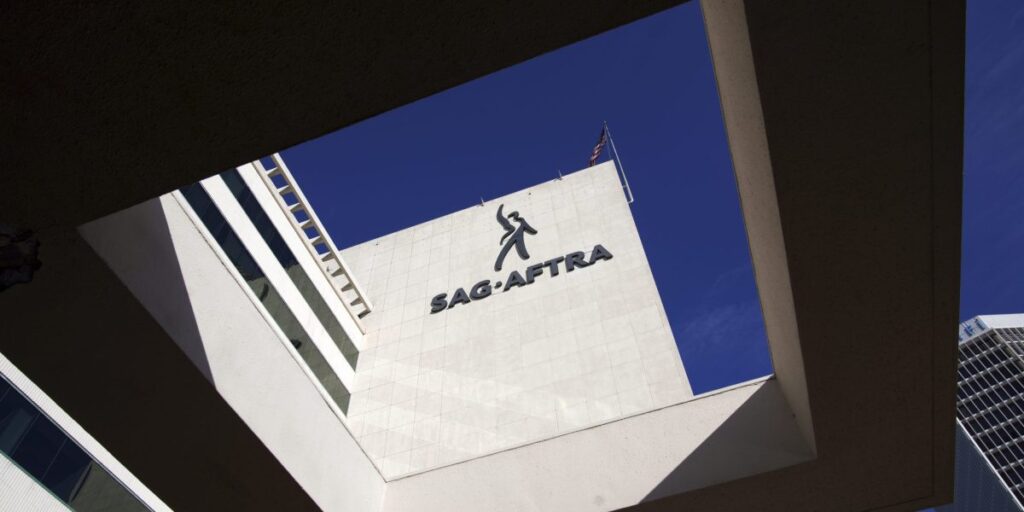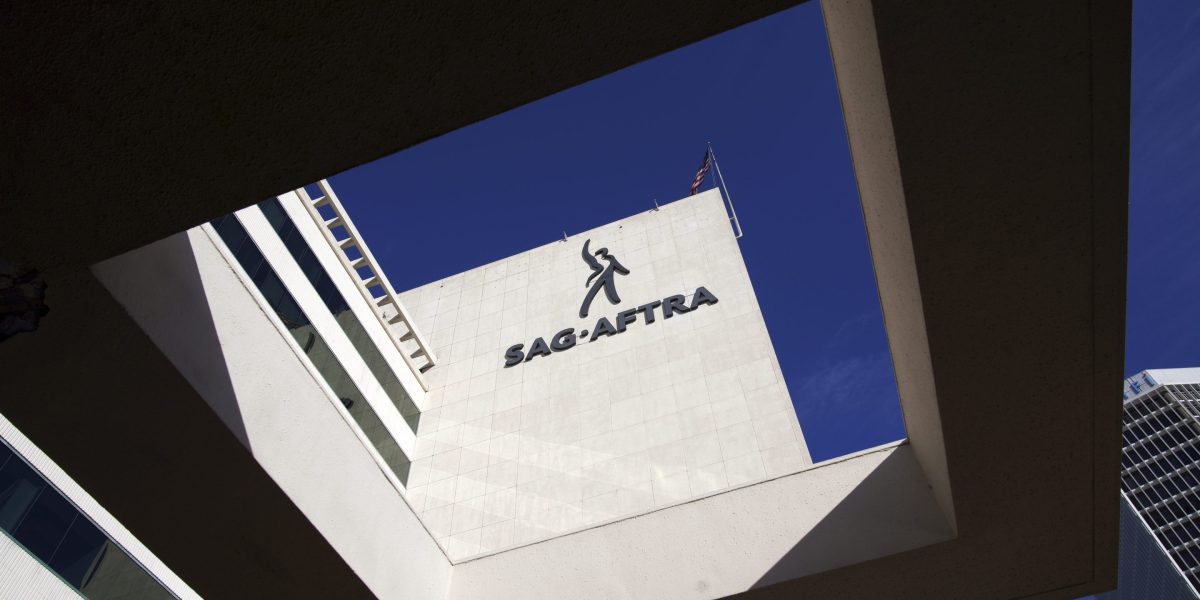Hollywood video game performers go on strike over worries that studios could train AI to copy them
The work stoppage came after more than 18 months of negotiations with gaming giants over a new interactive media agreement stalled over protections around the use of AI.


Hollywood’s video game performers are heading to the Warner Bros. Studios lot Thursday to picket against what they call an unwillingness from top gaming companies to protect voice actors and motion capture workers equally against the unregulated use of artificial intelligence.
The protest marks the first large labor action since game voice actors and performance workers voted to strike last week. The work stoppage came after more than 18 months of negotiations with gaming giants, including divisions of Activision, Warner Bros. and Walt Disney Co., over a new interactive media agreement stalled over protections around the use of AI.
Union leaders have billed AI as an existential crisis for performers. Game voice actors and motion capture artists’ likenesses, they say, could be replicated by AI and used without consent and fair compensation. The unregulated use of AI, the union says, poses “an equal or even greater threat” to performers in the video game industry than it does in film and television because the capacity to cheaply and easily create convincing digital replicas of performers’ voices is widely available.
Audrey Cooling, a spokesperson for the video game producers, said the companies have offered AI protections as well as “a significant increase in wages for SAG-AFTRA represented performers in video games.”
“We have worked hard to deliver proposals with reasonable terms that protect the rights of performers while ensuring we can continue to use the most advanced technology to create a great gaming experience for fans,” Cooling said. “We have proposed terms that provide consent and fair compensation for anyone employed under the (contract) if an AI reproduction or digital replica of their performance is used in games.”
SAG-AFTRA’s negotiating committee argued that the studios’ definition of who constitutes a “performer” is key to understanding the issue of who would be protected.
“The industry has told us point blank that they do not necessarily consider everyone who is rendering movement performance to be a performer that is covered by the collective bargaining agreement,” SAG-AFTRA Chief Contracts Officer Ray Rodriguez said at a news conference last week, adding that some physical performances are being treated as “data.”
The union had been negotiating with an industry bargaining group consisting of signatory video game companies. Those companies are Activision Productions Inc., Blindlight LLC, Disney Character Voices Inc., Electronic Arts Productions Inc., Formosa Interactive LLC, Insomniac Games Inc., Llama Productions LLC, Take 2 Productions Inc., VoiceWorks Productions Inc. and WB Games Inc.
The global video game industry generated nearly $184 billion in revenue in 2023, according to game market forecaster Newzoo, with revenues projected to reach $207 billion in 2026.
“We are at the table because we want to include SAG-AFTRA-represented performers in our productions, and we will continue working to resolve the last remaining issue in these negotiations,” Cooling said. “Our goal is to reach an agreement with the union that will end this strike.”





